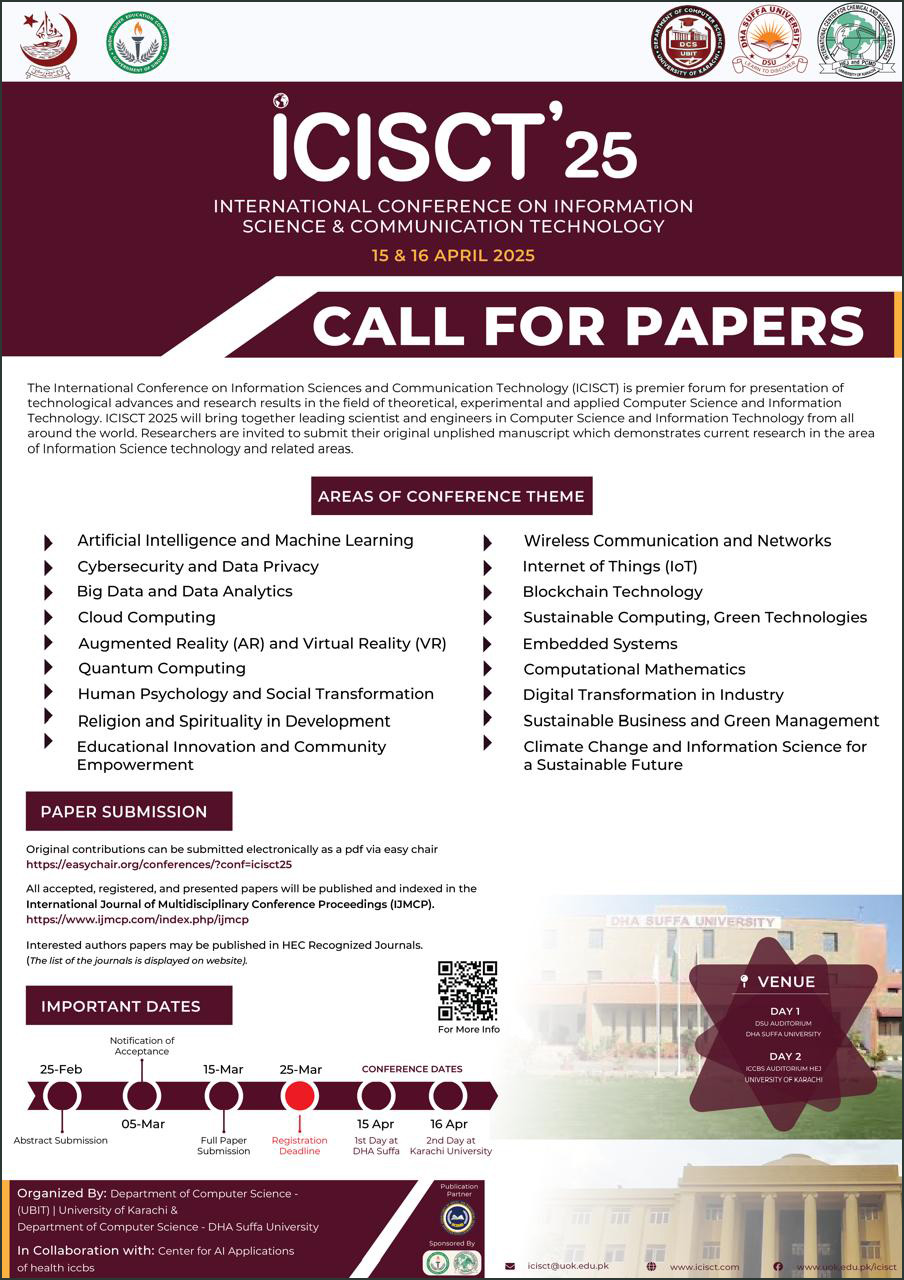Impact of Physical Abuse, Psychological Abuse, and Neglect on Emotional and Psychological Well-Being of Pakistani Youth
Keywords:
Mental Health, Childhood Abuse, Parental Abuse, Mental Well-being, Emotional Well-beingAbstract
The parent-child relationship is a crucial predictor of an individual’s mental well-being. Not every child enjoys a healthy and secure relationship with their parents. Parental abuse includes verbal insults, directing violence towards them, and neglecting the basic needs of children. This can lead to destructive outcomes. This study aims to explore the impact of parental maltreatment and neglect on emotional, social, and psychological well-being. This study employs a quantitative approach to research. Data was collected from students from various government and private sector universities in Lahore. IMB Statistical Package for Social Sciences (SPSS 22) was used to run analyses. Results of the study show that maltreatment has a negative relationship with mental well-being. Psychological abuse has a negative relationship with emotional well-being, psychological well-being, and social well-being. Whereas, physical abuse was found to have a significant negative relationship with only emotional well-being. Also, neglect has a negative relationship with all three types of mental well-being. Lastly, males are more likely to experience physical maltreatment and females are more likely to be the victim of psychological abuse. The findings highlight the critical role of parental behavior in shaping the mental health of young adults, with different forms of maltreatment impacting various aspects of well-being. The study underscores the need for targeted interventions to address both psychological and physical abuse in order to promote emotional, psychological, and social resilience.






